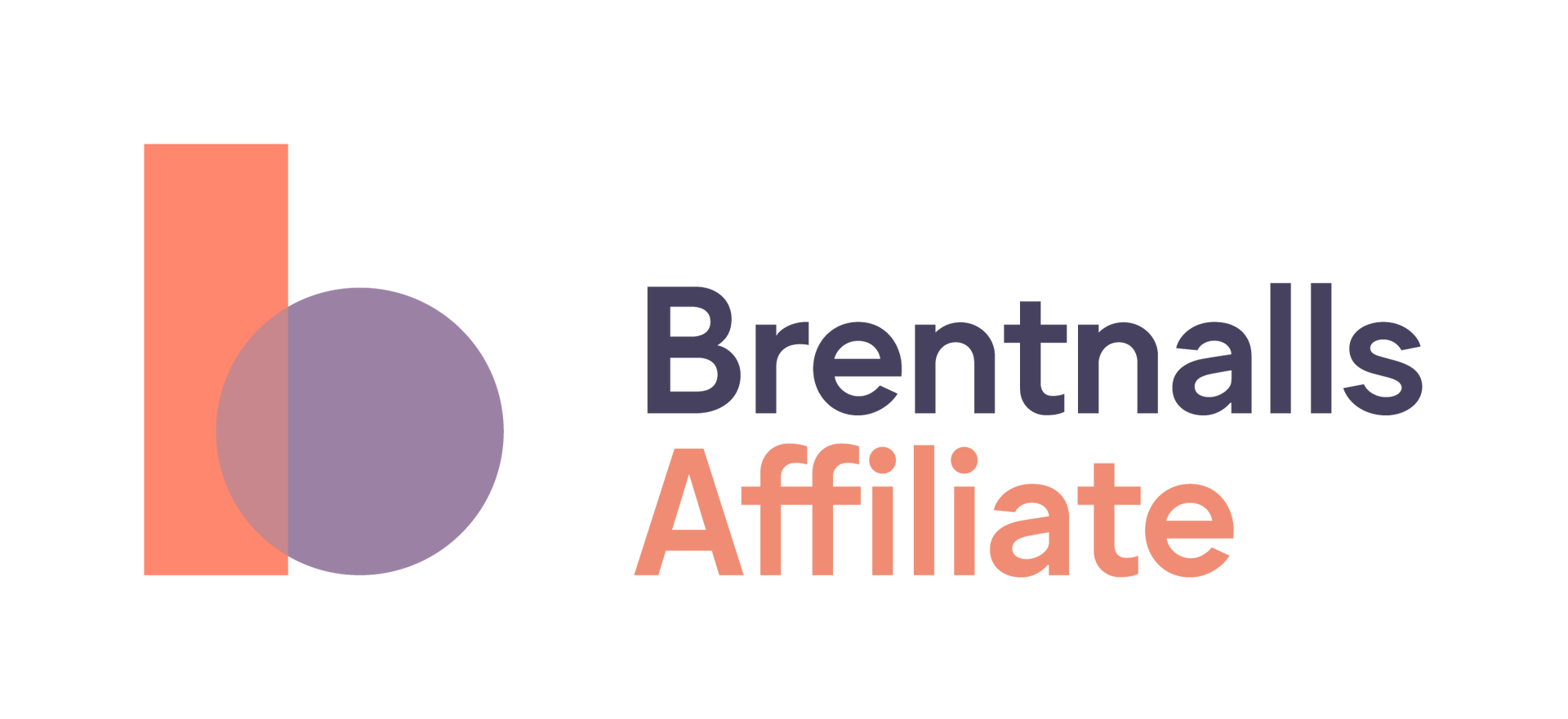News Articles
The major changes to the Chronic Disease Management services for general practice scheduled to commence on 1 November 2024 have belatedly been postponed until 1 July 2025. These changes, recommended by the MBS Review Taskforce and announced in the 2023 Budget, mark the first major overhaul in nearly two decades and aim to improve the quality and continuity of care for patients with chronic conditions.
What does this delay mean to your practice? Should you ignore these changes for another 9 months?
Key changes
Firstly, it is important to understand the nature of these changes.
The current GP Management Plan (GPMP) and Team Care Arrangements (TCAs) will be replaced by a single GP Chronic Condition Management Plan (GPCCMP). By removing the complexity of TCAs, this new plan is designed to streamline the process and make it easier for healthcare providers to manage chronic conditions.
To promote regular reviews of management plans, the fees for developing and reviewing plans will be equalised. Additionally, patients will need to have their plan established or reviewed within the last 18 months to retain access to allied health and other services.
The referral processes for allied health services will be simplified to make them consistent with other referral arrangements. Otherwise, these changes do not impact on the allied health services associated with a care plan. Patients will still have access to 5 allied health services per calendar year.
Patients enrolled in MyMedicare will be required to access their management plans through the practice where they are registered. Patients who are not enrolled in MyMedicare will still be able to access management plans through their usual GP.

Impact on general practice
The new framework aims to encourage practices to focus more on the review and ongoing management of chronic conditions, rather than just the initial planning. However, the value of the new GPCCMP and associated reviews are currently unknown. The loss of the TCA rebate will mean that the GPCCMP value will need to be
increased significantly to maintain the value of these services. If not, practices will need to reconsider their approach for delivering chronic disease management services and particularly the important role of practice nurses in the care planning process.
Future approach
These changes present an opportunity for practices to redesign their model of care to for the foreseeable future. Proactive practices will adopt a new approach to chronic disease management that will prioritise a needs-based model. This means that practice nurse resources will be focused on high-need patients with complex care needs. Nurses will work at the top of their scope, investing time in working with complex high-needs patients and delivering bundled care, coupling health assessments, care planning, and medication reviews.
This new approach will focus practice nurse resources in a way that will enhance the financial viability of practices regardless of the value of the rebate for GPCCMPs, and will also prepare practices for future funding opportunities through MyMedicare.
For self-managing patients there will be greater opportunity for GPs to independently managed the care planning process and facilitate access to allied health services in a much more efficient way.
Preparing for the changes
The delayed implementation of the CDM changes provides practices with more time to prepare, so that, when 1 July 2025 arrives, practices aren’t scrambling to reorganise how they deliver these services. To get on the front foot, practices are encouraged to:
- Discuss the implications of the changes with their team and identify any necessary updates to the care planning processes.
- Review the cohort of patients who are currently receiving care planning services to delineate between complex high needs and self-managing patients.
- Redesign the model of care to focus practice nurse resources on working with the complex, high need patient cohort.
- Reorientate more practice nurse time towards delivering health assessments for this complex, high need patient cohort.
- Simplify the care planning process and tools that support GPs to draft and complete care planning services for self-managing patients.
- Register for MyMedicare, if you have not already done so and engage with patients to encourage them to register with their practice, particularly those with chronic conditions or existing care plans.
Conclusion
The upcoming changes to chronic disease management from 1 July 2025 represent a significant shift in the way chronic conditions are managed in Australia.
These changes necessitate a proactive approach, ensuring that both healthcare providers and patients are well-prepared to adapt to the new model. By focusing on comprehensive care for patients with complex needs while streamlining processes for self-managing individuals, practices can enhance the quality, efficiency and financial viability of chronic disease management.
Please contact
Danny Haydon, Principal – Health Division if you need further advice on how to restructure your service model.
Discuss Further?
If you would like to discuss, please get in touch.
Disclaimer
The information provided in this article does not constitute advice. The information is of a general nature only and does not take into account your individual financial situation. It should not be used, relied upon, or treated as a substitute for specific professional advice. We recommend that you contact Brentnalls SA before making any decision to discuss your particular requirements or circumstances.
Quick Links
Acknowledgement of Country
We acknowledge the Traditional Owners of the land where we work and live. We pay our respects to Elders past, present and emerging. We celebrate the stories, culture and traditions of Aboriginal and Torres Strait Islander Elders of all communities who also work and live on this land.
Let's chat.
For a no obligation meeting about our many services, please use this form to submit your enquiry.
We will respond to you as soon as possible.
Footer Enquiry Form
Thank you
Thank you for your enquiry with Brentnalls SA.
We will respond to your enquiry as soon as possible.
Click here to return to the Home Page.
Kind regards,
The Team
Brentnalls SA
Please try again later.
Our Location
255 Port Road
HINDMARSH SA 5007
PO Box 338
Welland SA 5007
"We feel confident in our financial decisions and can focus on growing our business with peace of mind."
John & Barbara Kalleske
Kalleske Vineyards Pty Ltd








